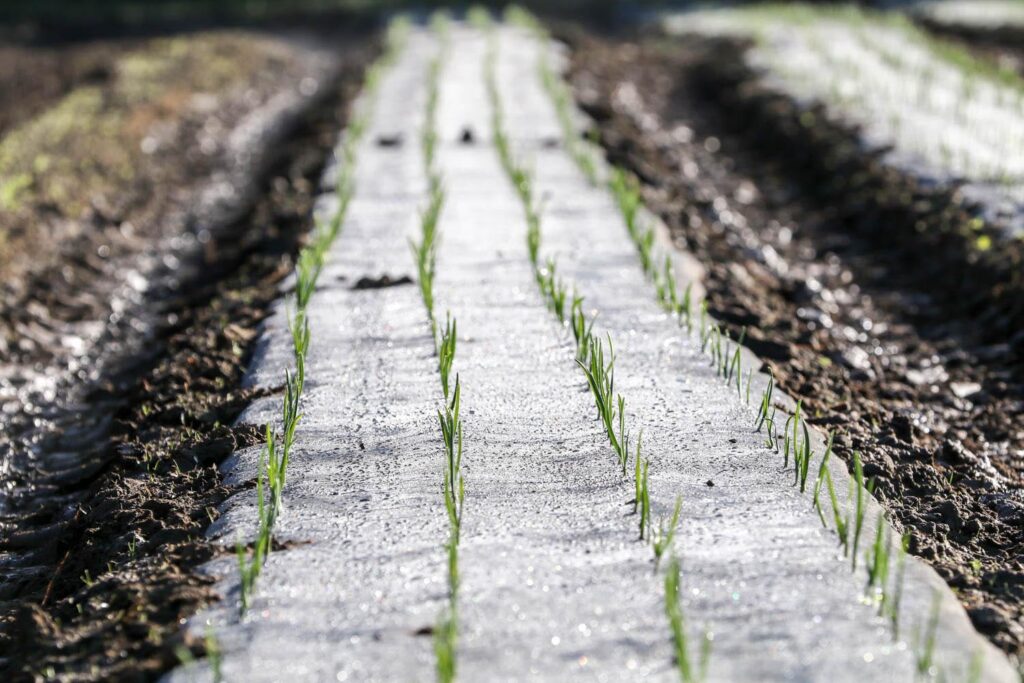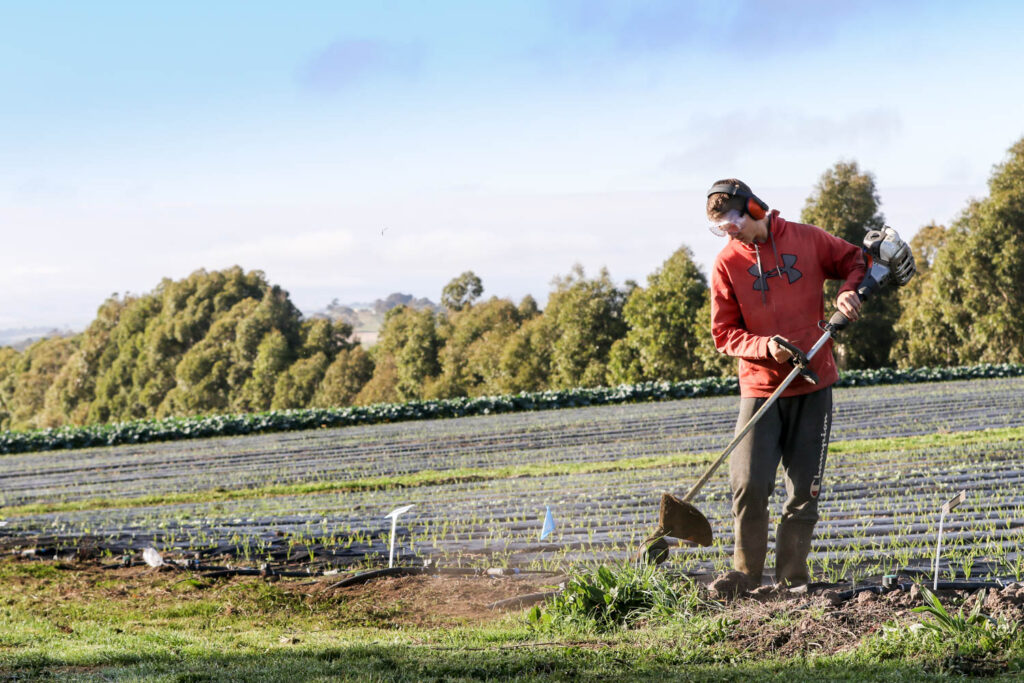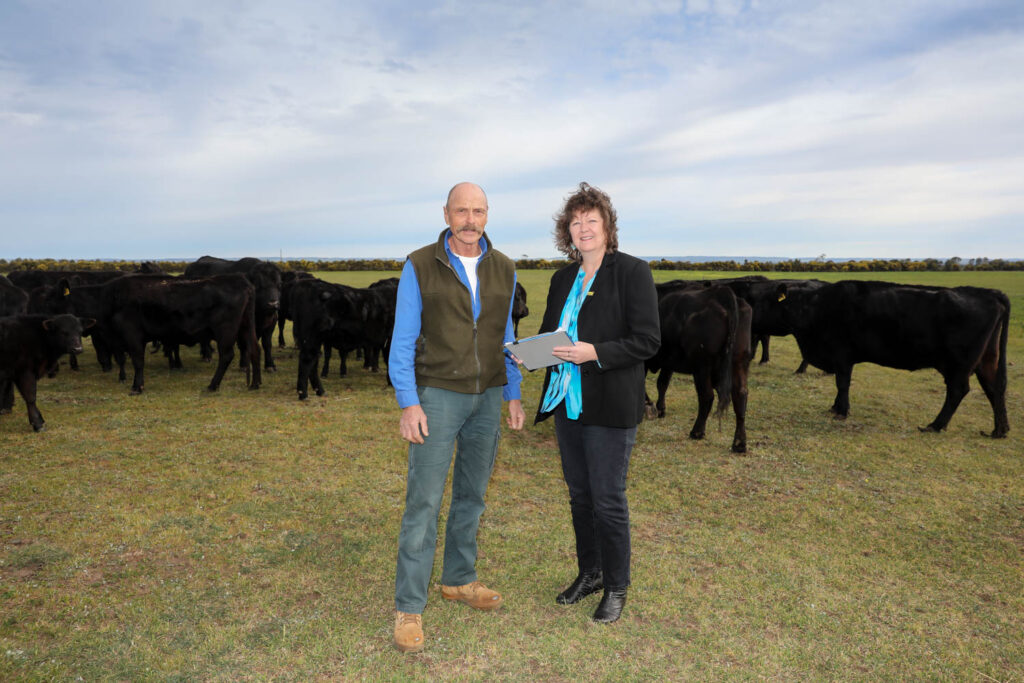iFOAM International defines Organic Agriculture as a production system that sustains the health of soils, ecosystems and people.
It relies on ecological processes, biodiversity and cycles adapted to local conditions, rather than the use of inputs with adverse effects.
Organic Agriculture combines tradition, innovation and science to benefit the shared environment and promote fair relationships and a good quality of life for all involved.
Organic food, fibre and cosmetic production systems are founded on the principle of caring for people, land and product to achieve sustainable, healthy and productivity ecosystems—soil, plant, animal and people.

What does organic farming and food production mean in real terms?

This means producing food in an environmentally sustainable and socially responsible way, by focusing on soil regeneration, water conservation and animal welfare and minimising the known negative or reasonably possible impacts.
Organic certification is an internationally-recognised system for ensuring organic food, fibre and cosmetic production programs are bona fide organic production and products.
Organic certification practices include promoting biodiversity by growing a variety of crops, preventing soil erosion and improving soil quality, conserving energy, protecting wildlife, stream banks and watersheds, as well as avoiding the use of synthetic or artificially produced insecticides, herbicides, fertilisers or GMOs (genetically modified, transgenic organisms).
What does organic certification mean for organic farmers?
Becoming an organic farmer can make you a better farmer.
By learning to observe and understand more about the relationships between their soils and the living organisms and their interactions with the farm’s environment, organic farmers can gain a deeper understanding of the life cycle of their produce and of the plants, animals, insects and micro-flora that live there.
Rather than waging war on the local environment in an attempt to control it, organic farmers learn how to understand and use natural cycles and diversity to their advantage and the advantage of the local farm environment, native flora, fauna and local communities.
In doing so, they learn farm management practices that ensure productivity without total reliance on monoculture systems and heavy dependence on artificial inputs such as genetically modified life forms, or artificial insecticides, fertilisers, herbicides and soils.

Is organics right for me?

As with all farming, the productivity of organic farms is highly dependent on the local environment, rainfall, soil types and the skill of the producer.
NASAA recommends to all prospective organic operators that before undertaking conversion into organic production, you become fully informed.
Organic producers should be motivated first by a desire to move towards a more natural and cleaner production system.
Organic production needs to be a lifestyle choice as much as a business choice anchored against commercial realities.
 THE NATIONAL ASSOCIATION FOR
SUSTAINABLE AGRICULTURE AUSTRALIA
THE NATIONAL ASSOCIATION FOR
SUSTAINABLE AGRICULTURE AUSTRALIA